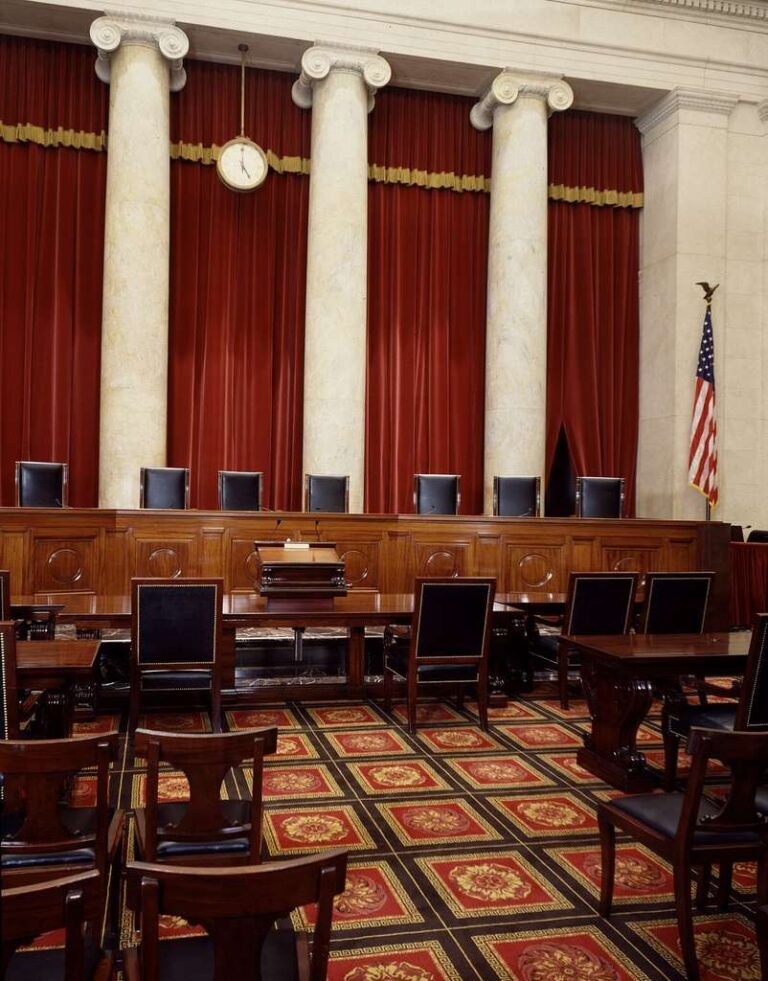Anjali Katta is a student at Harvard Law School.
The U.S. Court of Appeals for the Fifth Circuit has ruled that removal protections for NLRB Administrative Law Judges (ALJs) and Board Members are unconstitutional. This ruling affirmed district court injunctions that halted unfair labor practice proceedings against three companies: SpaceX, Energy Transfer, and Findhelp. The Fifth Circuit held that being subject to an unconstitutional administrative proceeding was an irreparable harm that justified preliminary injunctions and halted the ULP cases from proceeding against the companies.
Currently, NLRB ALJs are protected by dual layers of ‘for-cause’ removal, and Board Members can only be removed for “neglect of duty or malfeasance.” The Fifth Circuit found these protections violate separation of powers by limiting presidential oversight, citing Free Enterprise Fund and Seila Law. The Court ruled that Humphrey’s Executor does not apply as ALJs are “inferior officers” and that the NLRB Board was distinct from the FTC as Board Members wield “substantial executive power”, are not subject to the same party balancing rules, and the NLRB’s structure and powers remove the Board from the narrow Humphrey’s Executor exception. The Court also rejected jurisdictional arguments that the Norris-LaGuardia Act prevented judicial interference into labor disputes as they found that constitutional challenges to agency structure do not meet the Act’s definition of a labor dispute.
The Fifth Circuit is the first federal court of appeals to rule the NLRA unconstitutional. However, despite the significance of this decision, little has changed for now. The ultimate answer will likely come from the Supreme Court, which is expected to weigh in—either through an appeal of this case or a related one, such as Wilcox v. Trump (as Ted and John have reported on).










Daily News & Commentary
Start your day with our roundup of the latest labor developments. See all
February 23
In today’s news and commentary, the Trump administration proposes a rule limiting employment authorization for asylum seekers and Matt Bruenig introduces a new LLM tool analyzing employer rules under Stericycle. Law360 reports that the Trump administration proposed a rule on Friday that would change the employment authorization process for asylum seekers. Under the proposed rule, […]
February 22
A petition for certiorari in Bivens v. Zep, New York nurses end their historic six-week-strike, and Professor Block argues for just cause protections in New York City.
February 20
An analysis of the Board's decisions since regaining a quorum; 5th Circuit dissent criticizes Wright Line, Thryv.
February 19
Union membership increases slightly; Washington farmworker bill fails to make it out of committee; and unions in Argentina are on strike protesting President Milei’s labor reform bill.
February 18
A ruling against forced labor in CO prisons; business coalition lacks standing to challenge captive audience ban; labor unions to participate in rent strike in MN
February 17
San Francisco teachers’ strike ends; EEOC releases new guidance on telework; NFL must litigate discrimination and retaliation claims.